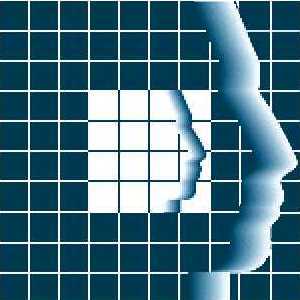Scope
With the current trend toward pervasive health care, personalised health care, and the ever growing amount of evidence coming from biomedical research, methods that can handle reasoning and learning under uncertainty are becoming more and more important. The ongoing developments of the past two decades in the field of artificial intelligence have made it now possible to apply probabilistic methods to solve problems in real-world biomedical domains.Many representations have been suggested for solving problems in biomedical domains. Bayesian networks and influence diagrams have proved themselves useful for problems where probabilistic uncertainty is important, such as medical decision making and prognostics; logics have proved themselves useful in areas such as diagnosis. In recent years, the field of statistical relational learning has led to new formalisms which integrate probabilistic graphical models and logic. These formalisms provide exciting new opportunities for medical applications as they can be used to learn from structured medical data and reason with them using both logical and probabilistic methods.
Another major theme for this workshop is in the handling of semantic concepts such as space and time in the biomedical domain. Space is an important concept when developing probabilistic models of, e.g., the spread of infectious disease, either in the hospital or in the community at large. Temporal reasoning is especially important in the context of personalised health care. Consider for example the translation of biomedical research that is expected to lead to more complex decision making, e.g., how to optimally select a sequence of drugs targeting biological pathways when treating a malignant tumour. There are strong expectations that such personalised and specific drugs will soon be available in the clinical practice.
In this workshop, we aspire to bring together researchers interested in advancing the area of problem solving in biomedicine and those who build biomedical applications using probabilistic methods. The aim of this workshop is to share experiences between researchers with different perspectives and propose new ideas for applying uncertainty reasoning and learning in the health care domain.


